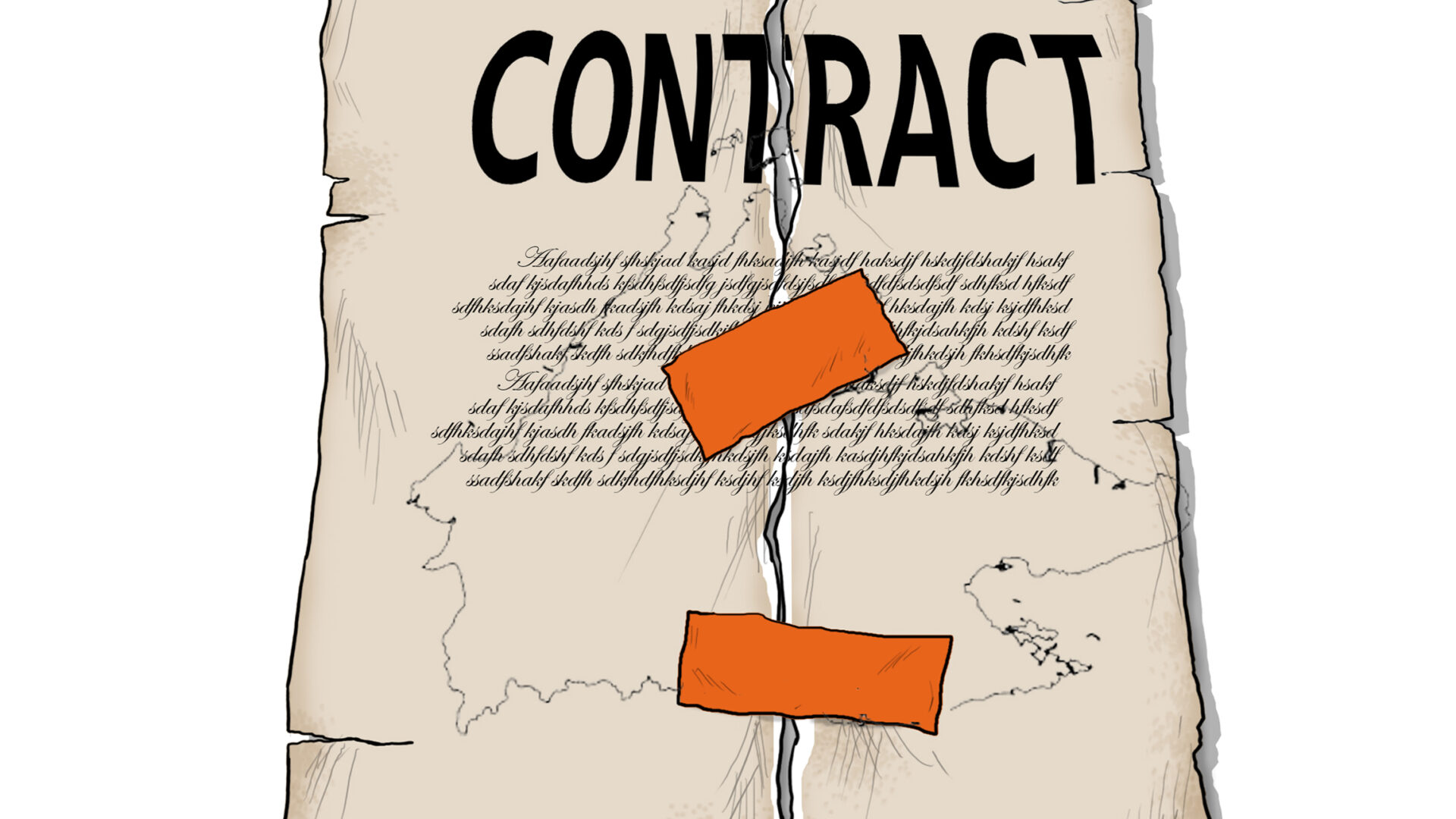British Counsel Paul Cohen used extensively a letter of former Malaysian attorney-general Tommy Thomas, admitting his government owed the Sulu Sultanate 48,300 Malaysian ringgit, to secure from the French arbitral court $14.9 billion for the Sultan’s heirs.
Thomas offered to settle the arrears of Malaysia since 2013 after it stopped the 5,300 Malaysian ringgit yearly payments that the Sultanate calls as lease but was considered as cession payments by Kuala Lumpur officials.
Malaysian legal experts viewed the 2019 letter of Thomas as having greatly compromised the country since it acknowledged Malaysia owed money to the Sulu Sultanate.
Thomas extensively wrote lately about the actions taken against the arbitral proceedings that Malaysia said it did not recognize, but which has become a national concern, after overseas assets of state oil company Petronas worth $2 billion were seized to satisfy the arbitral decision.
His letter, which appeared in several local publications, was intriguing since it acknowledged that the Malaysian government made a huge mistake in stopping payments to the Sulu heirs.
“The often given, unofficial explanation is that Malaysia stopped the payments because of the armed incursion in 2013 into Lahad Datu in Sabah. However, there appears to be no evidence linking the Sulu claimants who were receiving the annual compensation from Malaysia with the armed invaders of Lahad Datu,” Thomas wrote.
He continued that had the government of Malaysia had such evidence linking the insurgents to the claimants, “the prudent course would have been to file an action in the High Court of Sabah at Kota Kinabalu against the Sulu claimants, all of whom were known to our Embassy in the Philippines where the annual payment was disbursed to them.”
A judicial imprimatur would have been obtained through the Sabah tribunal that “because the Sulu Claimants were personally and directly involved in the Lahad Datu invasion they had forfeited their right to receive future payments and that the 1878 Grant had ceased to operate.”
Regrettably, this option was not exercised by those in charge in 2013, according to Thomas.
Instead the government, then under the administration of Prime Minister Najib Razak, did not offer any reason to cease payments to the Sulu claimants.
“Without ever having sought judicial approval of the termination of payments, Malaysia breached the 1878 Grant.”
Thomas was referring to the 1878 contract among Sulu Sultan Jamal Al Alam, British government representative Baron de Overbeck and the British North Borneo Company’s Alfred Dent that leased North Borneo or Sabah to the British empire.
When Malaysia gained independence in 1963, it inherited the British obligation to the Sulu Sultanate.
“In consequence, the Sulu Claimants would have a right to specific performance of the contract in question, namely, the 1878 Grant, which in practical terms means that Malaysia must restore the arrears of annual compensation of 5,300 Malaysian ringgit from 2013 until 2022,” Thomas accepted.
He admitted a breach of contract but only to the extent of “the loss of the annual compensation sum of 5,300 Malaysia ringgit, no more or no less.”
The arbitral court, however, ruled that since a contract was violated, the offending party should pay all the amount it owes plus the unearned benefits that the Sultanate, as landlord, should have enjoyed.
Thus, the amount of $14.9 billion was awarded and the Sulu Sultanate’s claim on Sabah remains and is not affected by the ruling.
